I am trying to wrap my head around something and would appreciate some insights from others.
Imagine a word where a network, let's say Ethereum (but it applies on a high level to Bitcoin or any other network too), is really widely adopted. Everyone uses it, your house ownership is represented by an NFT, your stock portfolio is on the blockchain. Hundreds of trillions of dollars worth of assets are "locked in". The whole nine yards. Security of these assets are paramount.
What do you need to do to secure such a network from malicious actors, specifically if now we are considering potentially state level actors? These actors might see attacking the blockchain akin to attacking the electricity grid of another country: they see it as a political/military objective. Normally the argument is that no one would invest enough resources to create havoc (51% attacks; attacks around trying to delay/prevent consensus among the nodes; and so on) because why would you do that if it results in the collapse of the underlying assets and hence your own investment. But some actors might not care about that (see above).
So anyway, the point is that what protects the networks from attacks today is the cost of having a 50%+ hashrate. Not going into the details (there are multiple calculations online, you need to consider hardware cost, electricity cost, current hashrate, number of blocks you want to retroactively change with your attack etc), but just simply stating that it's somewhere between 10-20 billion dollars for either Bitcoin or Ethereum today. Let's make it 20 billion. That means if you have 20 billion dollars and you don't care about losing it, you could actually do certain shenanigans today. This makes actually sense, smaller networks are often getting attacked (like Ethereum Classic), so this is not a theoretical thing.
But here lies my problem/question: 20 billion dollars might sound a lot, but it's really not that much for a state actor, especially if we go back to our opening scenario where the crypto world exploded and everyone uses BTC or Ethereum, for example, and the blockchain has hundreds of trillions locked in + vital, non fungible things too as mentioned above (property ownership etc).
So in order to protect that network you need to make sure the attack costs more than 20 billion dollars. The way that happens is that hash rate of the network grows so an attacker needs to spend more resources to obtain enough of that hashrate to cause havoc. But the hashrate of a network ONLY grows if the underlying asset price (BTC or ETH) grows too. Why? Because the block rewards are constant so you will only have more miners if the smaller slice of rewards, due to more miners, are compensated by the fact that the block rewards are worth more.
Same thing for Proof of Stake: in order to protect a proof of stake network the underlying asset (let's say Eth when it goes proof of stake) needs to be high enough to prevent someone with a real lot of money just to buy up half or more of the total supply.
But there are real problems with all this, for example:
- the more bitcoin/ETH (pow) is used, the more it will cost (more electricity, more hardware) to secure the network; how is this supposed to scale? So if the chain manages 10 times more value than today then we would need spend 200 billion every year just to secure it? Then 2 trillion per year (if usage grows 10 times again)?
- the more a proof of stake network (let's say ETH 2.0) is used the more the the price of ETH need to grow (that's the only way to secure the network); but that doesn't scale or makes sense either; ETH as a coin is not supposed to represent the total value locked in the system: ETH price is not TVL/number of ETH in existence. ETH price is supposed to be the value that is aligned with the utility price ETH provides: the utility of someone using the network.
In other words, just because someone mints an NFT on Ethereum that represents the ownership of a really high value asset (let's say the 5 owners of a 200 billion company decide to use NFT to prove their ownership or whatever) doesn't mean that the ETH price will reflect that directly. But if is doesn't reflect that directly then how is the network secure enough to protect those assets?
Like literally, think about what would happen today if people started using NFTs to represent real world expensive assets like real estate. Few of those in itself might be worth more than the 20 billion dollars it would cost to attack Ethereum today.
Long story short, can someone help me understand how blockchains (pow or pos, doesn't matter) supposed to scale up their security in case the network is really taking off and starts representing real world expensive assets?
[link] [comments]

You can get bonuses upto $100 FREE BONUS when you:
💰 Install these recommended apps:
💲 SocialGood - 100% Crypto Back on Everyday Shopping
💲 xPortal - The DeFi For The Next Billion
💲 CryptoTab Browser - Lightweight, fast, and ready to mine!
💰 Register on these recommended exchanges:
🟡 Binance🟡 Bitfinex🟡 Bitmart🟡 Bittrex🟡 Bitget
🟡 CoinEx🟡 Crypto.com🟡 Gate.io🟡 Huobi🟡 Kucoin.


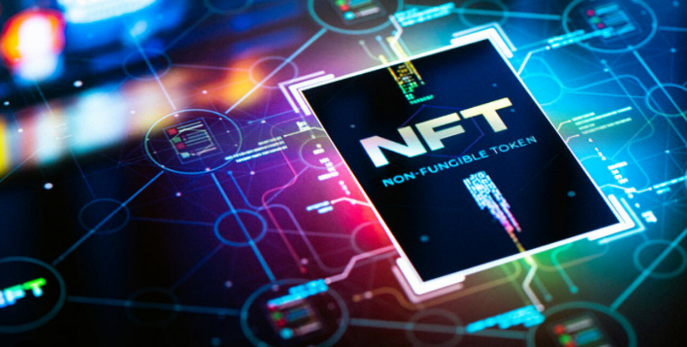
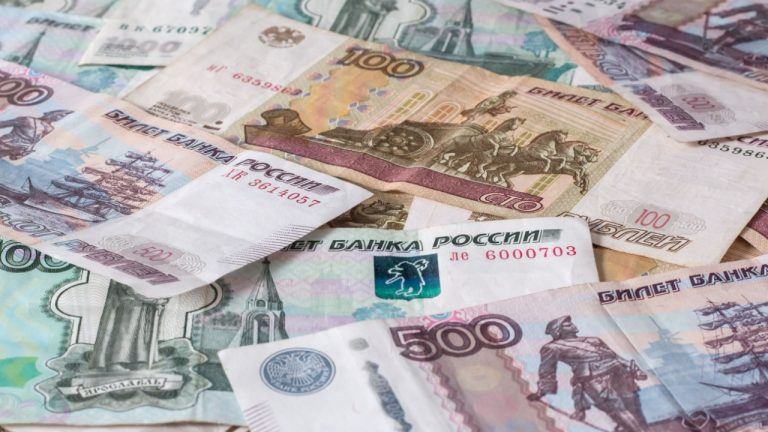

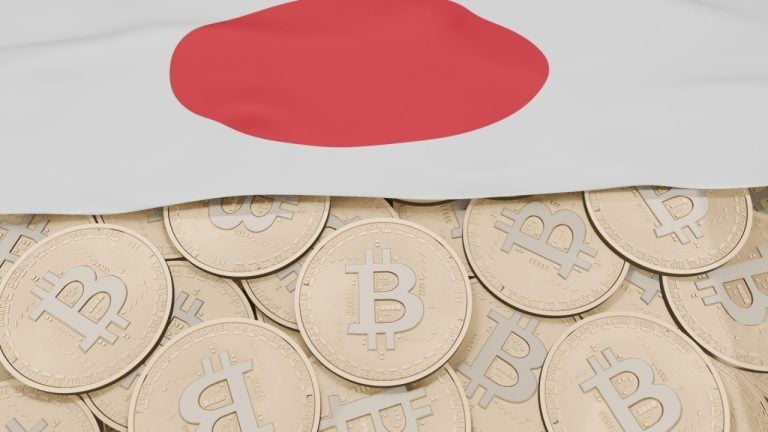


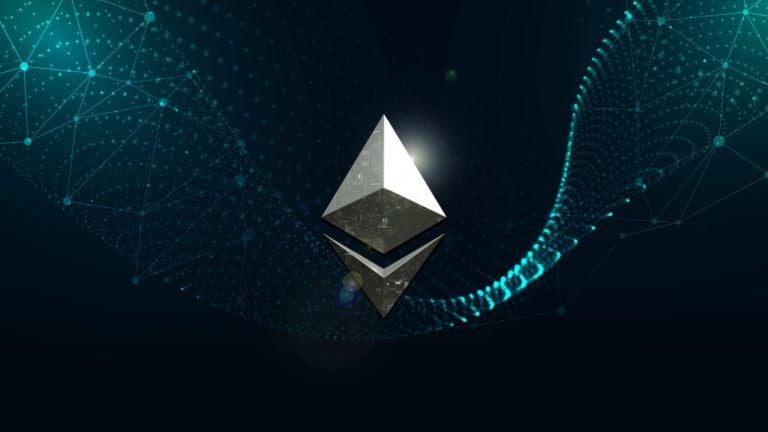
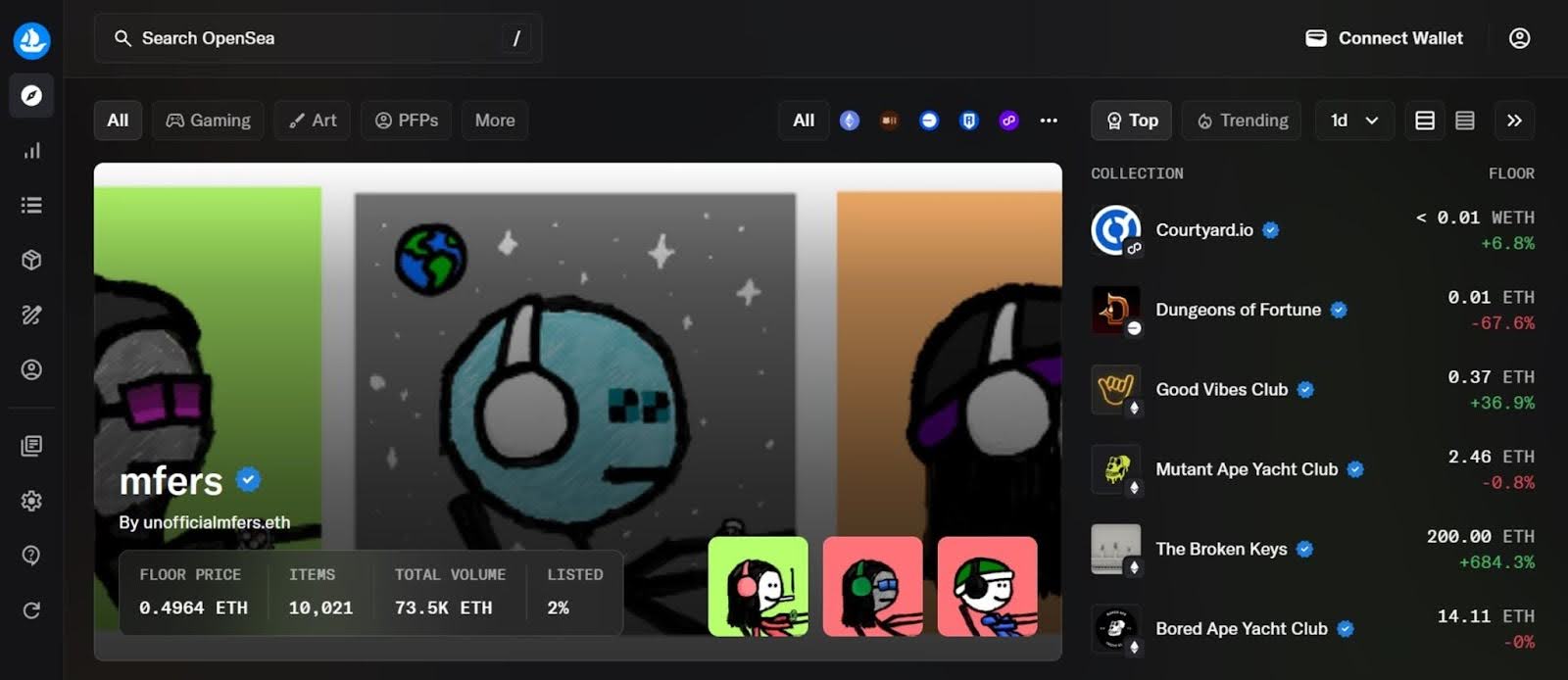

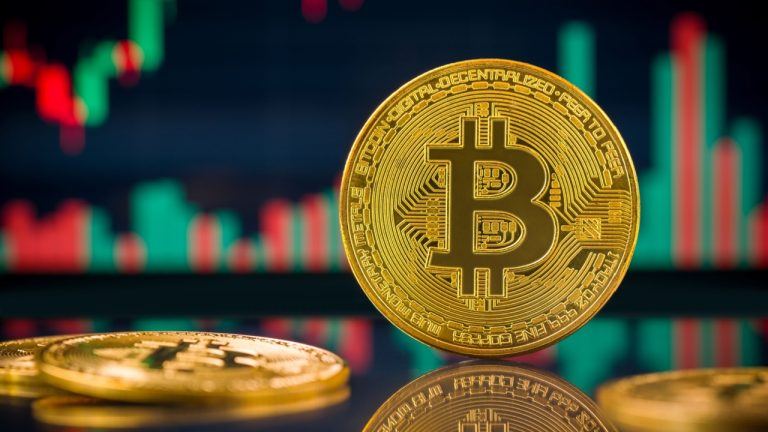
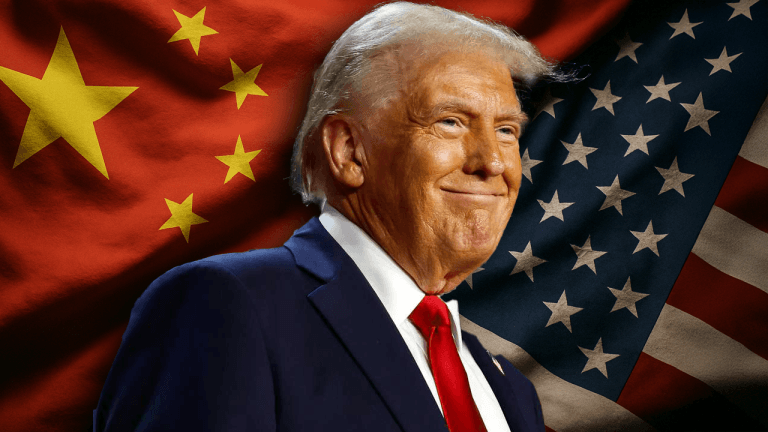

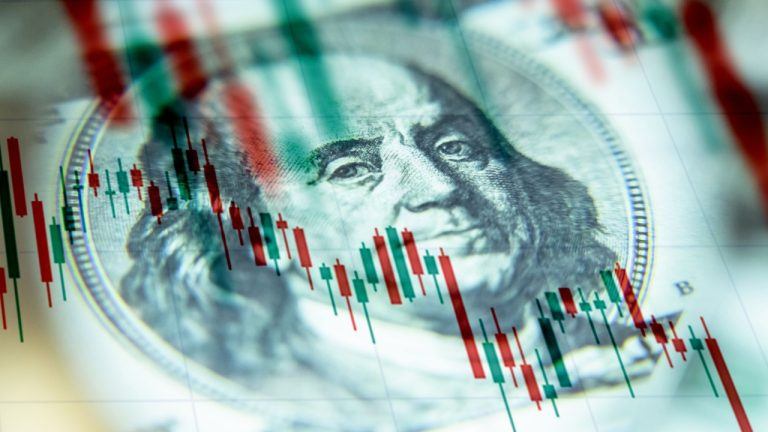
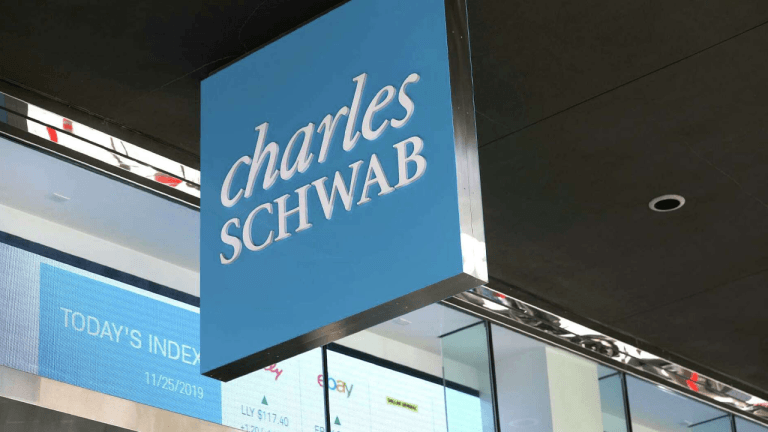

Comments